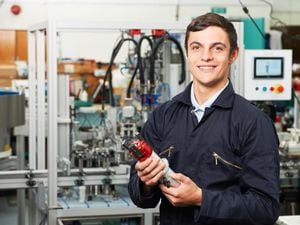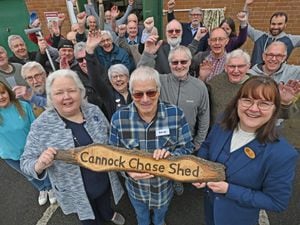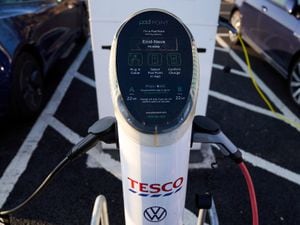Jaguar Land Rover announces major electric car investment in West Midlands
Jaguar Land Rover has announced plans to build electric cars in the West Midlands, with the motors set to be made at the i54 in Wolverhampton.

The car giant is to build a range of electric cars in the UK, safeguarding thousands of jobs and delivering a huge boost to the industry after a series of setbacks in recent months.
An all-electric version of the Jaguar XJ sedan replacement will be the first new battery-powered vehicle, followed by others.
The Castle Bromwich plant will close for six weeks so new equipment can be installed.
The electric motors for the new XJ will be manufactured at the i54 engine plant in Wolverhampton, while the batteries will be made at a new assembly centre in Warwickshire.
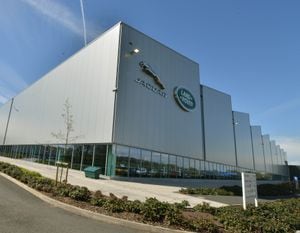
Dr Ralph Speth, chief executive of JLR, said: “The future of mobility is electric and as a visionary British company, we are committed to making our next generation of zero-emission vehicles in the UK.”
The Government and union leaders welcomed the news as a “fantastic boost” to the car industry.
JLR said its announcement was the next significant step in delivering on the company’s commitment to offer customers electrified options for all new Jaguar and Land Rover models from 2020.
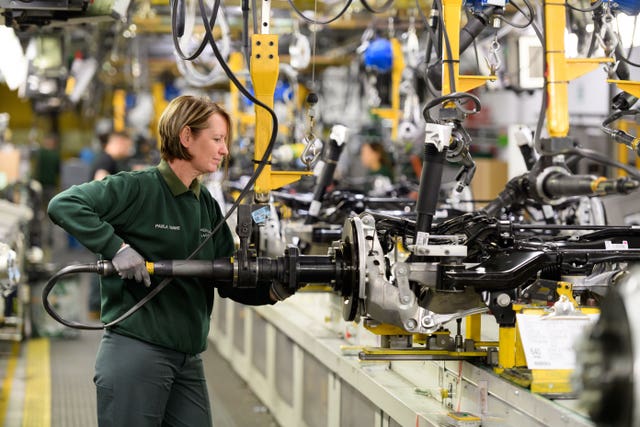
The XJ has been in production for 50 years and has been popular with business leaders, celebrities, politicians and royalty and has been exported to more than 120 countries.
The news was confirmed to workers at Castle Bromwich as production of the current XJ came to an end on Friday.
Dr Speth said: “We are co-locating our electric vehicle manufacture, electronic drive units and battery assembly to create a powerhouse of electrification in the Midlands.”
JLR said the new battery assembly centre at Hams Hall, operational in 2020, will be the most innovative and technologically advanced in the UK with a capacity of 150,000 units.
Castle Bromwich will become the UK’s first premium electrified vehicle plant, said the company, adding that work will start later this month to install new facilities and technologies.
Business Secretary Greg Clark said: “Today’s announcement is a vote of confidence in the UK automotive industry – protecting thousands of skilled jobs. It reflects our determination for the UK to be at the forefront of the development and manufacturing of the next generation of electric vehicles.
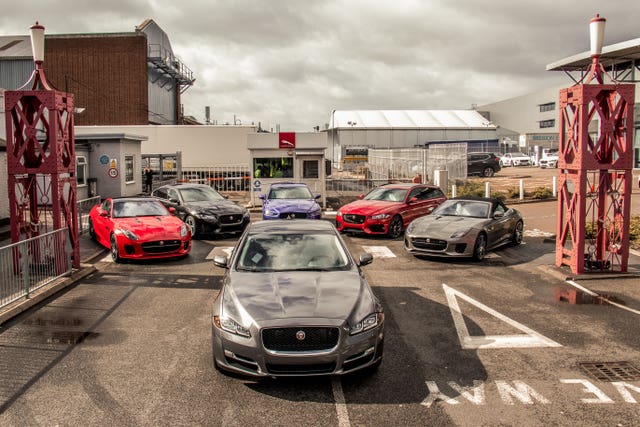
“JLR’s announcement recognises the strength of the excellent workforce at Castle Bromwich and acknowledges the efforts of many parties, including the Government and the mayor, Andy Street, to invest and build a sustainable future in the region for advanced manufacturing, safeguarding jobs and skills.”
Unite union assistant general secretary Steve Turner said: “Not only is it a fantastic boost to the UK car industry, but it ensures that Jaguar Land Rover’s Castle Bromwich site remains a powerhouse of the regional economy, providing a living for thousands of workers and supporting many more in the supply chain.
The investment follows an agreement for employees in Castle Bromwich to work a four-day week as part of restructuring plans and an announcement in January that JLR was making 4,500 redundancies in a bid to reduce costs by £2.5 billion.
The company confirmed the job losses at the same time as announcing plans to produce electric drive units in Wolverhampton, where around 1,800 staff are employed, and to create the new battery assembly centre in Hams Hall.
The Castle Bromwich plant, near the M6 in Birmingham, employs around 2,500 staff, while around 1,800 work at the factory near the M54 and A449 in Wolverhampton.
Recent figures showed that UK car production fell by 15.5 per cent in May compared with the same time last year, a 12th straight month of decline, amid falling exports and a slump in the home market.
Production is down by a fifth since the start of the year, said the Society of Motor Manufacturers and Traders, which has been warning for years about the impact on the industry of a no-deal Brexit.
The industry has been hit by a series of closure and cutback announcements from car makers including:
Ford, which will close its engine factory in Bridgend, South Wales, with the loss of thousands of jobs
Honda, which will shut its Swindon plant in 2021, also costing thousands of jobs
Nissan, which reversed a decision to build its new X-Trail vehicle at its Sunderland plant
JLR's plans to cut 4,500 jobs and save £2.5 billion

